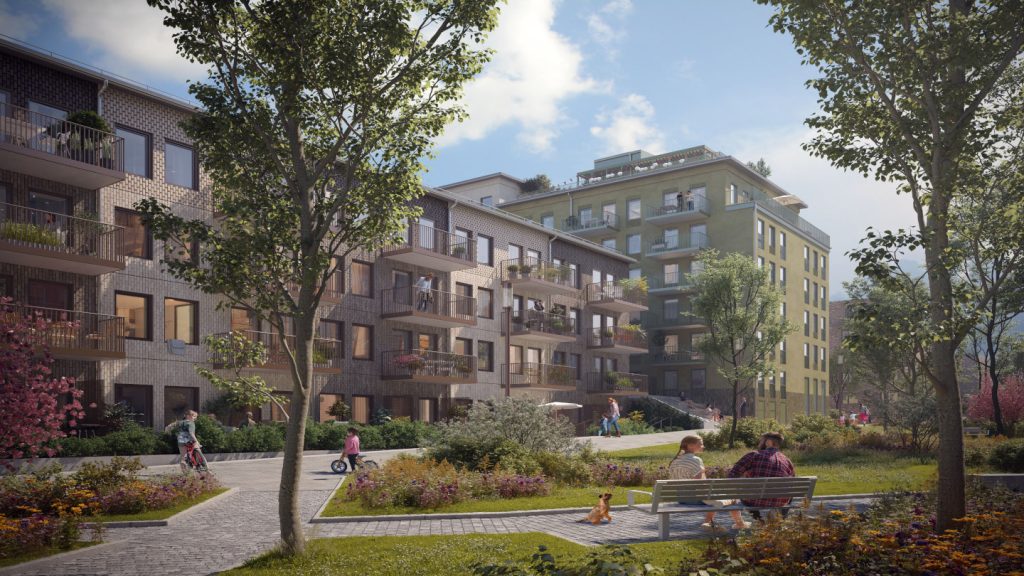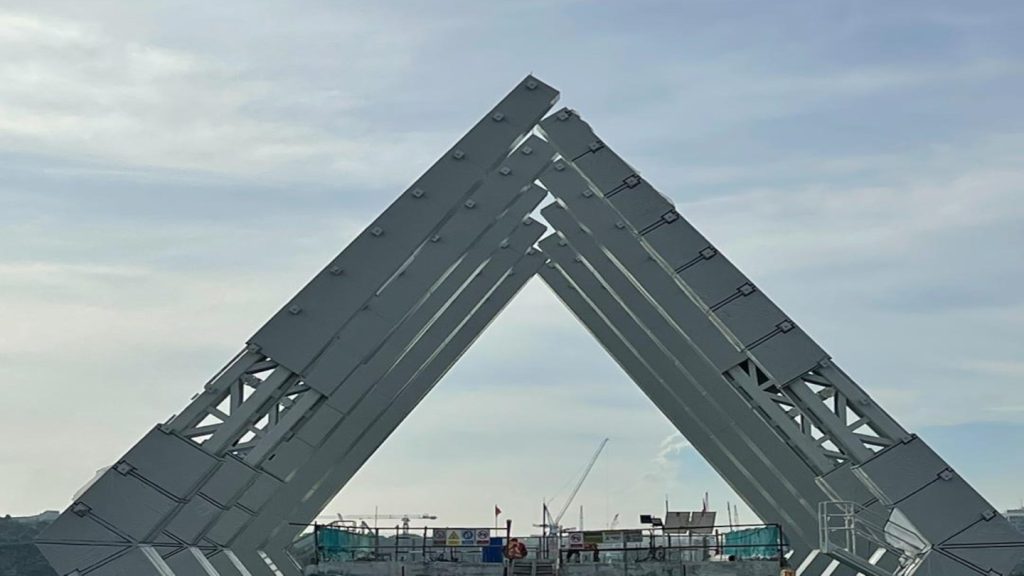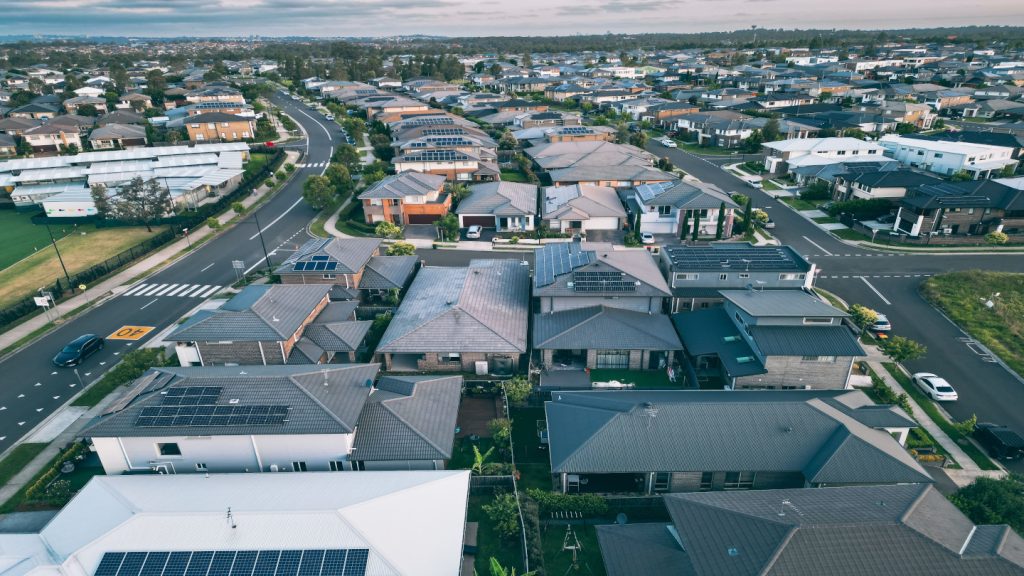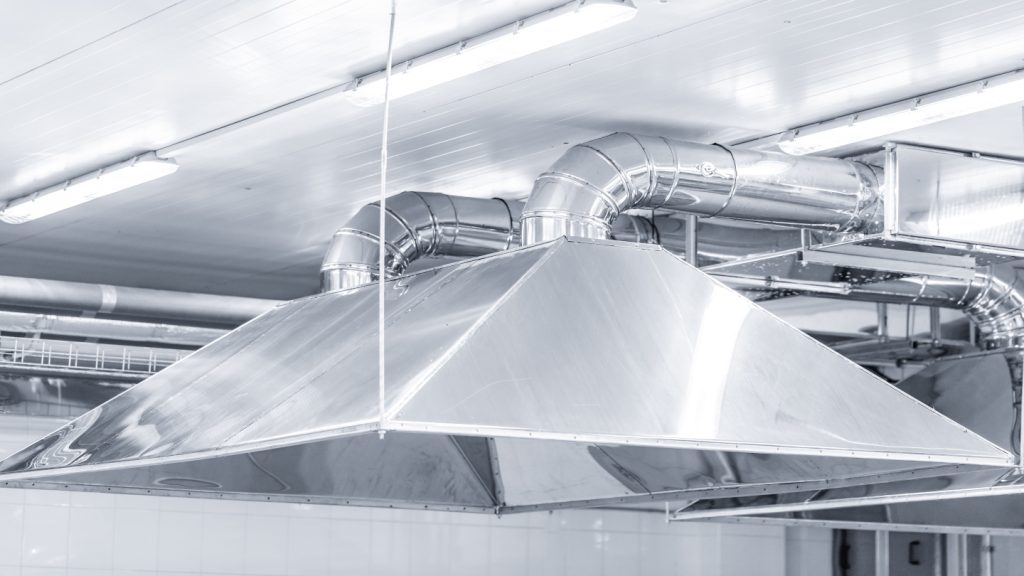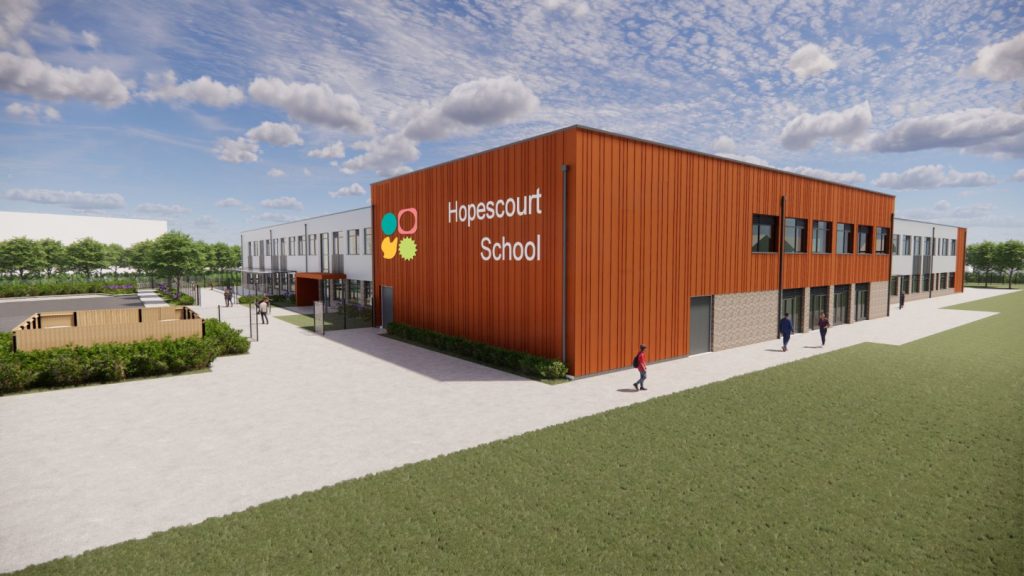Skanska has been awarded a significant venture in Täby Park, outside Stockholm in Sweden, comprising 156 apartments, and 75 parking spaces within a garage, along with two premises.
The construction contract, valued at around Skr350m ($32.08,), is set to be included in the order bookings for the company in the fourth quarter of 2024.
Set to be four to seven storeys high, the planned residential building will offer a variety of apartment sizes from one to five rooms plus a kitchen.
A rooftop terrace and a verdant courtyard complete with a pergola will enhance the living experience. The building's rooftop will be fitted with solar panels covering approximately 55% of the area, contributing to the building's energy efficiency.
In addition to environmental considerations, the garage will feature 15 spaces equipped for electric car charging. The condominium association will benefit from a procured car and bicycle pool.
The construction will utilise climate-improved concrete, and the building's energy consumption is projected to be 15% below Boverket's building regulations requirements.
The Mandelblomman project will be certified according to the Nordic Ecolabel.
An innovative aspect of the development project is the inclusion of battery storage, which will serve as a support service for Svenska kraftnät. This feature is expected to generate additional income for the condominium association.
Construction is scheduled to commence next month, with occupancy planned in phases from mid-2026 to April 2027.
Skanska operates across Europe and North America.
The development comes after the company secured a contract worth approximately Skr300m with the Exploitation Office of the City of Stockholm for site preparation at Årstafältet.


